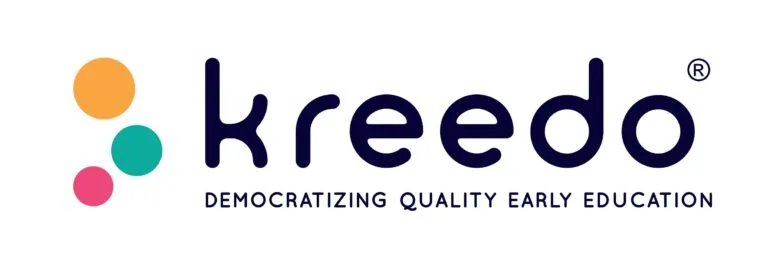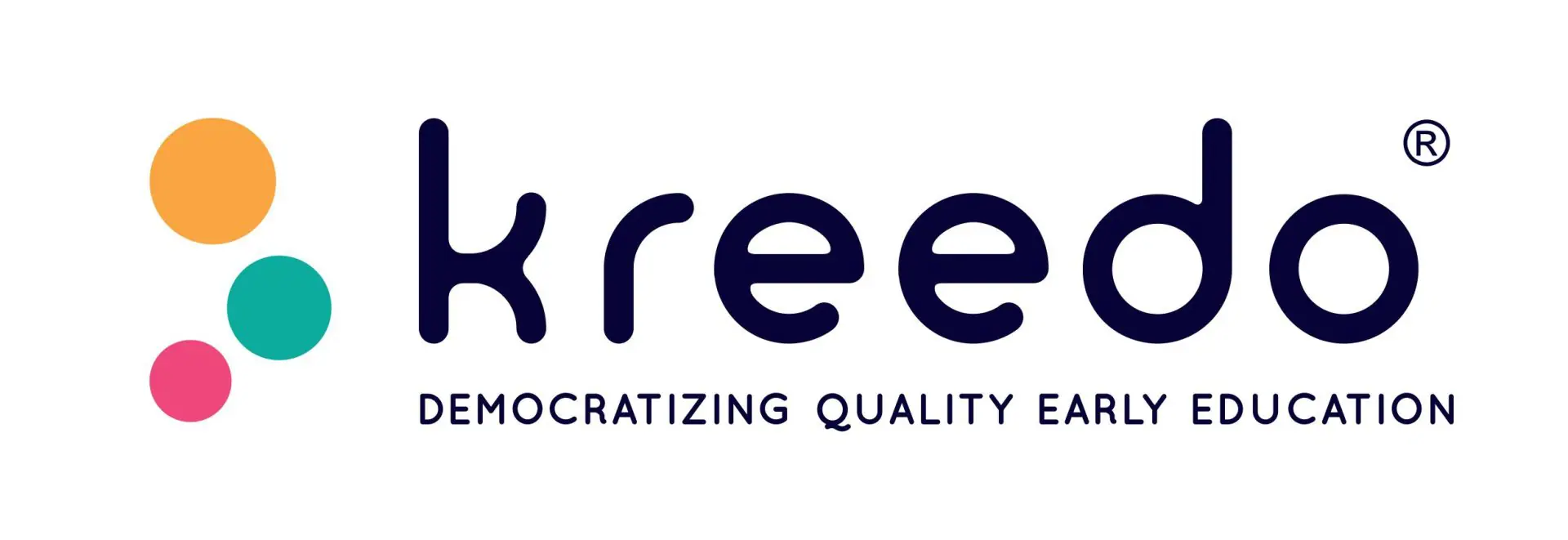Global pre-school chain Kido Schools (operating the Safari KidInternational preschools in India) recently announced the launchof their online learning initiative called Kido Home for homebased learning for 2 to 6 years old. The international program willbe taught by native teachers from across the world, customised to every child and delivered to their homes. With centres across London, Houston, Austin, Dubai, Hong Kong, Mumbai and other cities in India, Kido Schools have become a preferred education partner for imparting high-quality early education for the premium parenting community.
Kido Home is aimed towards reaching parents across India that are involved in their children’s learning journey and want the highest order of early education being imparted to their young ones.
Founder Vision
Speaking about the launch of Kido Home, Aniruddh Gupta, Founder and CEO of Kido Education said, “We had been talking about an online style of teaching since before the COVID-induced lockdown so that parents from different corners of the world could use our internationally acclaimed curriculum, and access our international network of high quality teachers). But with physical distancing a norm now, Kido Home can now provide education to children even when preschools are closed.
” He further added, “The first five years are critical, and high quality early childhood education is not available everywhere. With the COVID induced closures of preschools, and entire generation of children are losing out on a critical part of their formative years. We have reworked our international curriculum so that it can be delivered online and still achieve the developmental goals so important in these years. Classes include art, music and physical development, in addition to literacy, math and STEM. We are founded and managed by parents from across the world, and we recognize the issues parents and children are facing in these times.
” The rationale behind launching the programme was also to democratise the methodology implemented by Kido to the farthest nooks of the country, without the pre-school actually having to be present physically in each city. This way, parents living in any city across India can sign up for a Kido Home trial, join the community and have globally trained teachers delivering meaningful and personalised education to their children.
Interactive screen time is good for learning – American Association of Paediatricians
Pedagogic theory has long drawn attention to how interaction with children improves learning. According to the American Association of Paediatricians, this understanding has been the motivation for bringing more online learning methods and enriched types of media. The association says that “the interactivity of new media via touchscreens allows apps to “know” whether a child is responding accurately and tailor responses, reinforcement, and next steps to the child’s input. Theoretically, this may increase educational potential by providing scaffolding to build skills at the child’s edge of competence.”
The research also points that “at 24 months of age, a child can learn words from live video-chatting with a
responsive adult or from carefully designed, interactive screen interfaces that prompt the child to tap on relevant
learning items. Starting at 15 months of age, toddlers can learn novel words from touchscreens.”
The Kido Home programme is customised to every child and then delivered to them through interactive sessions.
Teachers, who are trained by Kido’s global trainers lead these classes in small ratios of 1:6 or 1:8 to give
personalised attention to each child’s movements and learning progress. The global chain of pre-schools also
facilitate weekly one on one sessions with each child for focussed attention and customisation to the abilities of
each toddler.
Beyond academics
The Kido team went through rigorous market research across the world before launching the programme and found that there were a lot of misconceptions about online learning. They were keen to note that down and created a curriculum that addresses the pain points of parents and the learning requirements for children. The sessions are interactive for children and optimum for parents as well.
Apart from Math, literacy, STEM, art, the global pre-school also places equal emphasis on life skills, physical and emotional development. Kido children can start picking up languages like Mandarin and Spanish from early on as children have the best learning capabilities between the ages of two to six. With a healthy parental/adult support through these classes, the pre-school also ensures that working parents can balance their lives well. With the low investment required, anybody with a spare tablet, laptop or desktop can enrol their children into the programme.
The Kido pricing model is very competitive too, considering the unparalleled global best practices that can be seen in the training of teachers to the personalised curriculum for children’s unique learning curve.
In addition to the Kido Home, the global pre-school chain has also launched Kido Village that is aimed towards providing entrepreneurship and livelihood opportunities for women that may have been affected to the COVIDrelated job losses. The village programme enables women to start creches and pre-schools from their own homes wherein children from their own residential complex and neighbourhood can attend. They will be armed with Kido’s certified training programme along with curriculum that can help them educate children according to best practices followed by the global brand.


